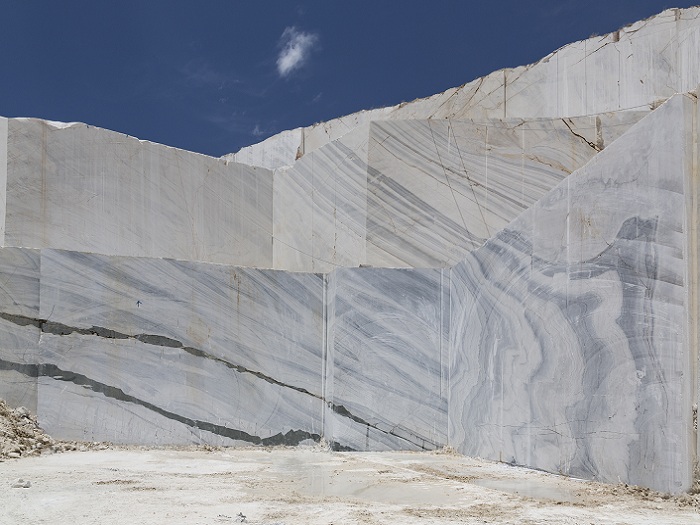The Chinese sell our stone to us!

Board Member of Mahallah County Stoneworkers Guild: Our stoneworkers have upgraded their machinery but the cost of production for the stoneworks is extremely high.
According to the International Stone Exhibition of Iran, a member of the board of directors of the Mahalat Association of Stone Makers, the intermediaries entered the stone industry and exported the raw stone as one of the problems and said: Dealers have set up sites and large cranes have been installed there They are transported from the mine and the Chinese load the rock and leave it. In this process, the main benefit goes to the brokers.
"Dealers have no problems transferring money to us, they are represented in China and receive their money directly, but the domestic producer has to buy the stone, buy it, process it, sell it and then give the money; It is clear that the miner prefers to broker the raw stone.
Hassan Ismaili blamed the entry of intermediaries into the stone industry as a result of the decline in the power of manufacturing plants and said the miners were not interested in selling the stone crop to the domestic producer. The miner prefers to sell the stone to the dealer and receive his money before the coupon is delivered, not to give the stone to the Iranian factoryman to cut and process the stone and then pay for it.
"Foreign buyers buy the raw stone from us and process it themselves," he said. "For the Chinese, buying our processed stone is not affordable." They buy the rock and process it at cheaper cost and better quality of the raw stone.
"The Chinese buy the stone from speculators or miners, and store it in the ship. The Chinese have set up a stone processing plant on the same ship to process the stone at sea," said a member of the board of the Mahalat Trade Union. When the stone arrives after a month, for example, it is ready and processed in carton. Sometimes the same stones come back to Iran and the Chinese sell us our stones!
He added that producers are not supported at all. There are no domestic and foreign customers for stone factories. Crude prices have also risen, and factories have to either buy and produce crude stone or close the plant.
Hassan Ismaili described the high cost of production and value added tax as a major problem for producers and said: "Our stone has the quality needed to be on the global market." Our stonemasons have updated their machinery, but the cost of production for the stonemasonry is extremely high.
He added: "The stone factory spends a lot of money on processing the stone and in addition has to pay VAT to the government."
* Tehran Sama










